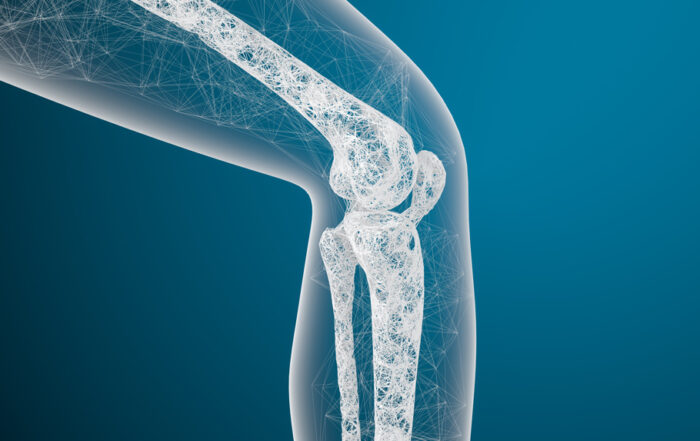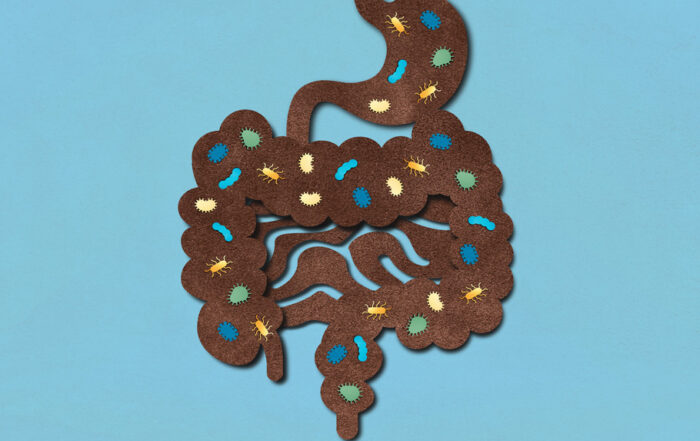Steroid Joint Injections
About Steroid Joint Injections
A steroid joint injection, also known as a hydrocortisone injection, can provide relief from injury or arthritis pain. Doctors may prescribe patients a steroid joint injection to help them overcome the pain and resume their normal activities. Steroid joint injections can also be used to treat other issues and help individuals get back on their feet.
What are steroid joint injections?
Steroid joint injections are administered by healthcare professionals to relieve pain. Patients can receive an injection in several areas including the joints, muscles, spine, or into the bloodstream. The area in which an injection is given can be sore for several days after it was administered.
The injections will begin working within a few days. Some patients can feel pain relief within a few hours, however. Steroid joint injections can last for a few months before another is needed if the pain persists.
When are steroid joint injections used?
Patients suffering from joint and muscle pain, stiffness, redness, and swelling can take a steroid joint injection to relieve their health issues.
Steroid joint injections are often used in sports and allow athletes to play despite suffering from injuries. An injection can lead to further participation in a sporting event and offers pain relief for an athlete.
What conditions or problems can they help with?
Arthritis is one of the main issues steroid joint injections can be used to treat. The injections can help seniors get around better and lead a more active lifestyle. In addition, an injection could be an alternative to surgery or other pain medication.
Injured joints and arthritis are not the only injuries and issues a steroid joint injection can help. Sore tendons and bursitis can be treated with the injections. Certain muscle pain can also be resolved with the injections. In some circumstances, an injection of cortisone can be used to help patients suffering from severe asthma attacks, allergic reactions, severe shock from an injury or infection, or the failure of the adrenal glands to work properly.
It is recommended that individuals take no more than three steroid joint injections in one year in the same area. In addition, pain suffers should wait six months between taking injections.
Memberships and Associations
Steroid injections are used for many health disorders
Your doctor may prescribe and administer steroid injections directly into an affected joint for an autoimmune disorder such as rheumatoid arthritis, and most people would have heard about or know someone in their own family or circle of friends with this health condition that has been treated this way.
However, people are often surprised when their doctors suggest using steroid injections for other inflammatory joint conditions such as tendonitis that may develop through an injury or overuse of the joint. But while rheumatoid arthritis and tendonitis are very different joint disorders, they are both more closely linked than people realise because both conditions are caused by inflammation in the body.
In fact, there are many inflammatory conditions that your doctor can treat using steroids. While you can take steroids in different forms, using an injection is often the quickest and most effective way to treat a condition and get relief from pain.
People are often concerned when their doctor mentions using steroid injections because they think they are the same anabolic steroids often used by bodybuilders to gain muscle mass. However, there is no need to worry because the type of steroids used medically to treat inflammation are corticosteroids and they are very different from anabolic steroids.
Your body naturally creates a hormone called cortisol in your adrenal glands that helps you to respond and cope with stress caused by physical injuries or illness. Corticosteroids are simply synthetic versions of cortisol that do the same job in your body and are perfectly safe.
How do we administer cortisone injections?
When you have been prescribed cortisone injections, we will take the greatest care to administer this effective medication with as little discomfort caused as possible.
First, we will clean and numb the injection site using sterile antiseptic. Depending on the site to be injected, we may use ultrasound to target the area for more accurate delivery of your medication.
Our friendly and caring team will help you relax and put you at ease before the procedure to make your experience more pleasant. Don’t forget that we are happy to discuss your treatment and answer any questions or ease any worries you have before we carry out the procedure.
What are the benefits of cortisone injections?
Cortisone joint injections have been used for many years to help reduce pain and inflammation in and around an affected joint. Following your cortisone injection, you will feel an improvement in the movement and flexibility of your joints and lower levels of pain.
The effectiveness of a cortisone injection will vary from person to person according to how severe their condition is. Some recipients will feel fast and positive relief, but it may take longer to see any noticeable beneficial effects for others.
Cortisone injections have proven to be very effective for those with hip, knee and joint inflammatory conditions, such as arthritis. However, these injections are not a cure, and the effects will gradually wear off over time.
Cortisone injections are beneficial for many inflammatory conditions, such as plantar fasciitis, shoulder tendons, De Quervain’s tenosynovitis, carpal tunnel syndrome, IT Band syndrome, and trigger finger. However, this treatment isn’t recommended for RSI conditions such as tennis elbow.
What are the risks of cortisone injections?
Cortisone injections carry low risk and are safe when used correctly. However, cortisone does have some risks and possible side effects.
One of the most commonly seen side effects of cortisone injections is that symptoms can worsen before they get better. For example, a patient may feel increased pain in an injected joint immediately after treatment before the medication gets to work.
Commonly known as ‘steroid flare’, symptoms will occur around six hours after the injection and can last up to four days before symptoms subside. This is why we advise our patients to rest up as much as possible for up to a week following their steroid joint injection treatment.
Some patients experience other side effects such as skin thinning at the injection site, skin colour loss, and fast shrinking. Low-dose cortisol injections and ultrasound treatment can reduce these minor side effects.
Diabetic patients can see raised sugar levels, so monitoring your blood glucose levels for a few weeks following your treatment is essential.
Some patients can get a flushed face, and some women may experience a temporary loss of menstruation following treatment.
Are there alternatives to cortisone?
If you are sensitive to any of the medications used in cortisone injections, there may be alternatives available to you. These include platelet-rich plasma, hyaluronic acid, or needling.
You can talk to your specialist about alternative options if you cannot tolerate cortisone injections.
Find out more about steroid injections…
20 Ways To Avoid Back Pain With Simple Lifestyle Changes
Back pain is shockingly common in today’s world. In fact, it’s the leading cause of disability worldwide, according to the World Health Organization (WHO). In this article, we take a look at 20 ways to [...]
How To Reduce Your Risk Of Osteoporosis
Over three million people in the UK are living with osteoporosis – that’s in excess of 4.5% of the population, making it the most common bone disease. It is also linked to injury-related deaths in [...]
New Research Suggests Changes In Gut Bacteria May Indicate Risk Of Rheumatoid Arthritis
Research published in Annals of the Rheumatic Diseases by the University of Leeds in November 2024 suggests that there is a link between the gut microbiome and rheumatoid arthritis. More specifically, that there is a [...]
What Causes Joint Pain And Fatigue?
Joint pain and fatigue often go hand in hand, particularly in conditions such as inflammatory arthritis (which includes rheumatoid arthritis and psoriatic arthritis), where persistent inflammation impacts both physical and mental energy. Fatigue affects up [...]
Zoledronate IV Treatment For Osteoporosis
For an effective treatment for osteoporosis, zoledronate (or zoledronic acid) is a popular, well-researched and tested, and highly successful alternative to traditional treatments, which can have unwanted side effects. At Pure Rheumatology London, we have [...]
How To Prevent Arthritis And Joint Pain In Later Life – Steps You Can Take Today
Arthritis and joint pain are common conditions that can affect anyone as they age, leading to discomfort, pain and reduced mobility. But by taking some simple, proactive steps now, you can protect your joints and [...]









